FTC's Appeal: Will The Microsoft-Activision Merger Still Happen?
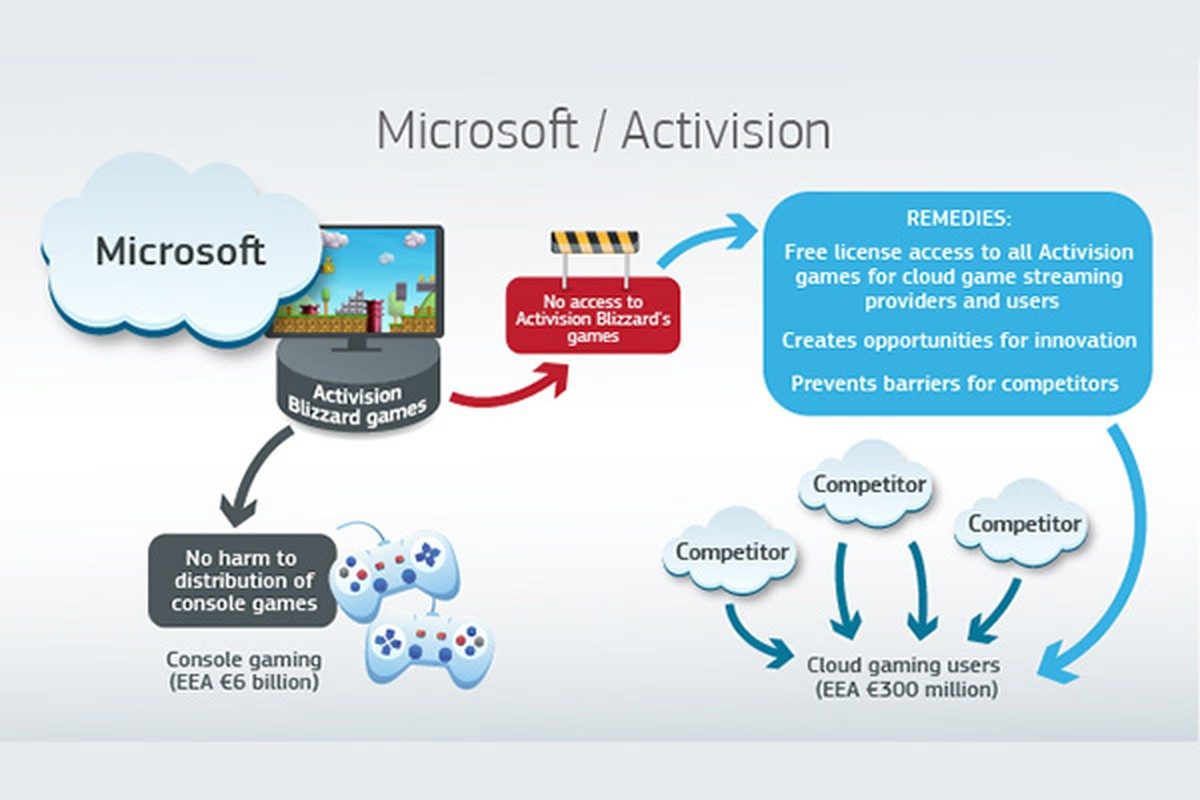
Table of Contents
The FTC's Concerns and Arguments Against the Merger
The Federal Trade Commission (FTC) has voiced serious concerns about the potential negative impacts of the Microsoft-Activision merger. Their arguments center around two key areas: anti-competitive practices and market dominance.
Anti-competitive Practices
The FTC's primary concern is the potential for Microsoft to leverage its acquisition of Activision Blizzard to stifle competition, particularly regarding the immensely popular Call of Duty franchise. The fear is that Microsoft could make Call of Duty exclusive to its Xbox ecosystem, disadvantaging competitors like PlayStation and Nintendo.
- Loss of fair competition for other gaming consoles: Exclusivity deals could significantly harm PlayStation's market share and ability to compete.
- Potential for higher prices and reduced innovation: Less competition could lead to higher prices for games and a decrease in innovation due to a lack of competitive pressure.
- Microsoft's market dominance and the impact on rivals: Microsoft's already substantial market share, combined with Activision Blizzard's portfolio, would create an unprecedented level of market dominance, potentially harming smaller developers and publishers.
- Evidence presented by the FTC to support their claims: The FTC has presented substantial evidence, including market analysis and internal Microsoft documents, to support its claims of potential anti-competitive behavior. This evidence forms the backbone of their legal challenge to the merger.
Market Domination and Control
The FTC argues that the merger would grant Microsoft undue control over key aspects of the gaming market, creating a near-monopoly. This control extends beyond just game consoles, impacting areas like cloud gaming and game subscriptions.
- Analysis of Microsoft's market share before and after the acquisition: The FTC's analysis demonstrates a significant increase in Microsoft's market share post-acquisition, bolstering their claims of potential monopolistic behavior.
- Discussion of Microsoft's potential to leverage Activision's portfolio to suppress competitors: The FTC points to the potential for Microsoft to use Activision's popular franchises, including Call of Duty, Candy Crush, and World of Warcraft, to disadvantage its competitors.
- The role of game subscriptions and their impact on competition: The integration of Activision Blizzard's games into Xbox Game Pass could further solidify Microsoft's dominance in the game subscription market, potentially driving out smaller competitors.
Microsoft's Defense and Proposed Solutions
Microsoft has actively defended the merger, arguing that it will benefit gamers and increase competition, not stifle it. They've also proposed solutions to address the FTC's concerns.
Commitment to Fair Competition
Microsoft has repeatedly stated its commitment to maintaining fair competition within the gaming industry. Key elements of their defense include:
- Microsoft's commitment to keep Call of Duty available on multiple platforms: Microsoft has pledged to keep Call of Duty available on PlayStation for at least 10 years, aiming to address the FTC's concerns about exclusivity.
- Agreements with competitors to ensure continued access to Activision games: Microsoft has entered into agreements with other gaming companies to ensure that Activision Blizzard's games remain available on their platforms.
- Investment in gaming infrastructure and cloud technologies to enhance accessibility: Microsoft's continued investments in cloud gaming and gaming infrastructure demonstrate its commitment to broader access to games.
Addressing the FTC's Concerns
To counter the FTC's arguments, Microsoft has offered various concessions and solutions:
- Details of proposed concessions and agreements to ensure fair play: These include detailed contractual agreements ensuring continued access to Activision's games across various platforms.
- Explanation of how these solutions address the anti-competitive concerns: Microsoft's arguments center on the idea that their proposed solutions directly address the FTC's specific concerns about market dominance and anti-competitive practices.
- Analysis of the effectiveness of Microsoft’s proposed solutions: While Microsoft believes its solutions are sufficient, the FTC's evaluation of their effectiveness remains a key factor in the ongoing legal battle.
Potential Outcomes and Their Implications
The outcome of the FTC's appeal will have far-reaching consequences for the gaming industry.
If the Merger is Approved
A successful merger could lead to several significant changes:
- Impact on game development and innovation: The combined resources of Microsoft and Activision Blizzard could potentially lead to increased game development and innovation.
- Changes to the gaming market landscape: The merger could significantly alter the competitive dynamics of the gaming market, potentially creating a new era of industry consolidation.
- Effects on consumers, including pricing and game availability: The impact on consumers is uncertain, with potential benefits such as wider access to games via subscriptions, but also potential risks such as price increases due to reduced competition.
If the Merger is Blocked
A blocked merger would have serious implications:
- Impact on Microsoft’s strategic goals: The failure of the acquisition would represent a significant setback for Microsoft's ambitions in the gaming sector.
- Effects on Activision Blizzard's future: The uncertainty surrounding Activision Blizzard's future would impact its employees, investors, and its ability to compete effectively.
- Consequences for the gaming industry as a whole: The outcome could influence future mergers and acquisitions in the gaming industry, shaping its competitive landscape for years to come.
Conclusion
The FTC's appeal against the Microsoft-Activision merger raises crucial questions about the future of the gaming industry. The outcome will significantly influence competition, innovation, and pricing. While Microsoft has offered concessions, the FTC's concerns regarding anti-competitive practices remain central to the debate. The final decision will shape the gaming landscape for years to come. Stay informed on the latest developments regarding the Microsoft-Activision merger, its implications for the future of gaming, and the ongoing legal battle. Understanding the nuances of this case is crucial for anyone interested in the future of gaming and its competitive dynamics.

Featured Posts
-
 Stockholm Stadshotell Krogkommissionens Omdoeme Och Detaljerad Analys
Apr 26, 2025
Stockholm Stadshotell Krogkommissionens Omdoeme Och Detaljerad Analys
Apr 26, 2025 -
 The Ethics Of Betting On Natural Disasters The Los Angeles Wildfires
Apr 26, 2025
The Ethics Of Betting On Natural Disasters The Los Angeles Wildfires
Apr 26, 2025 -
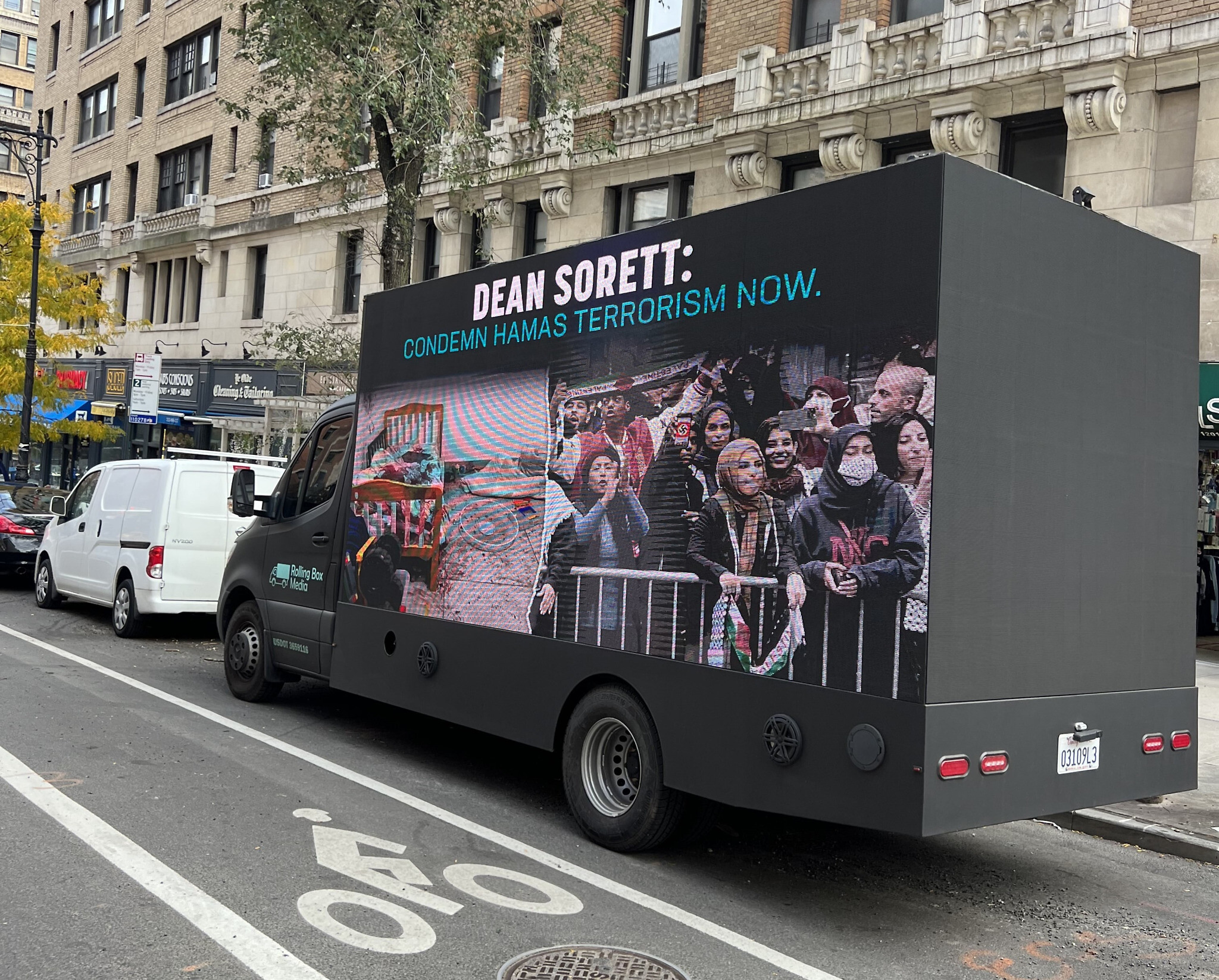 Federal Agency Survey Targets Jewish Employees At Columbia And Barnard
Apr 26, 2025
Federal Agency Survey Targets Jewish Employees At Columbia And Barnard
Apr 26, 2025 -
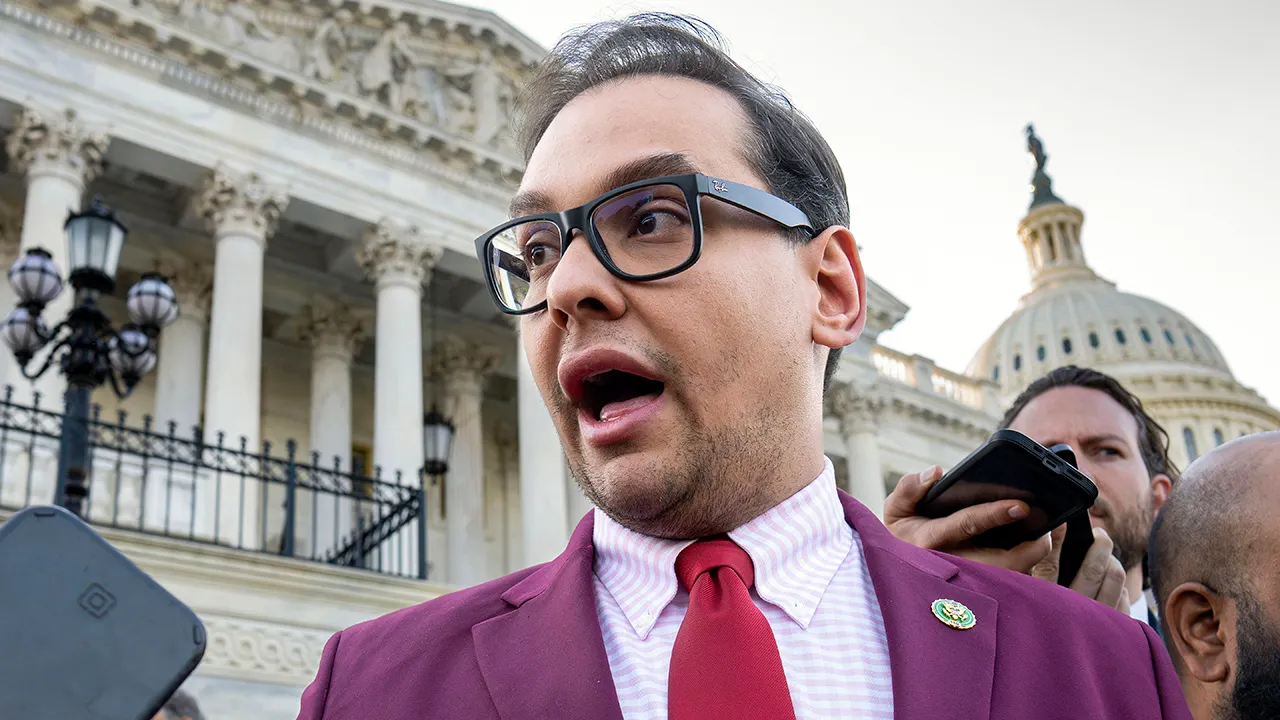 George Santoss Fraud And Identity Theft Trial A Potential 7 Year Sentence
Apr 26, 2025
George Santoss Fraud And Identity Theft Trial A Potential 7 Year Sentence
Apr 26, 2025 -
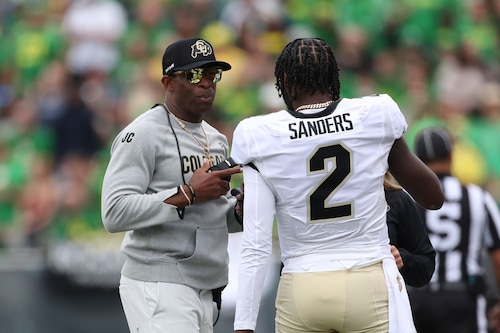 Browns Insider On Deion And Shedeur Sanders Addressing Fan Concerns
Apr 26, 2025
Browns Insider On Deion And Shedeur Sanders Addressing Fan Concerns
Apr 26, 2025
Latest Posts
-
 German Politics Crumbachs Resignation And Its Implications For The Spd
Apr 27, 2025
German Politics Crumbachs Resignation And Its Implications For The Spd
Apr 27, 2025 -
 Bsw Leader Crumbachs Resignation Impact On The Spd Coalition
Apr 27, 2025
Bsw Leader Crumbachs Resignation Impact On The Spd Coalition
Apr 27, 2025 -
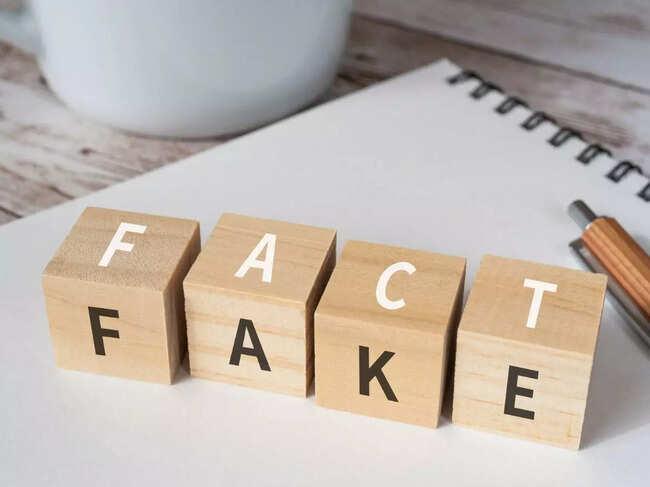 Concerns Raised Over Hhss Appointment Of Anti Vaccine Activist To Study Debunked Autism Vaccine Theories
Apr 27, 2025
Concerns Raised Over Hhss Appointment Of Anti Vaccine Activist To Study Debunked Autism Vaccine Theories
Apr 27, 2025 -
 Hhs Under Fire For Selecting Anti Vaccine Advocate To Investigate Autism Vaccine Link
Apr 27, 2025
Hhs Under Fire For Selecting Anti Vaccine Advocate To Investigate Autism Vaccine Link
Apr 27, 2025 -
 Hhss Controversial Choice Anti Vaccine Advocate To Examine Debunked Autism Vaccine Claims
Apr 27, 2025
Hhss Controversial Choice Anti Vaccine Advocate To Examine Debunked Autism Vaccine Claims
Apr 27, 2025
